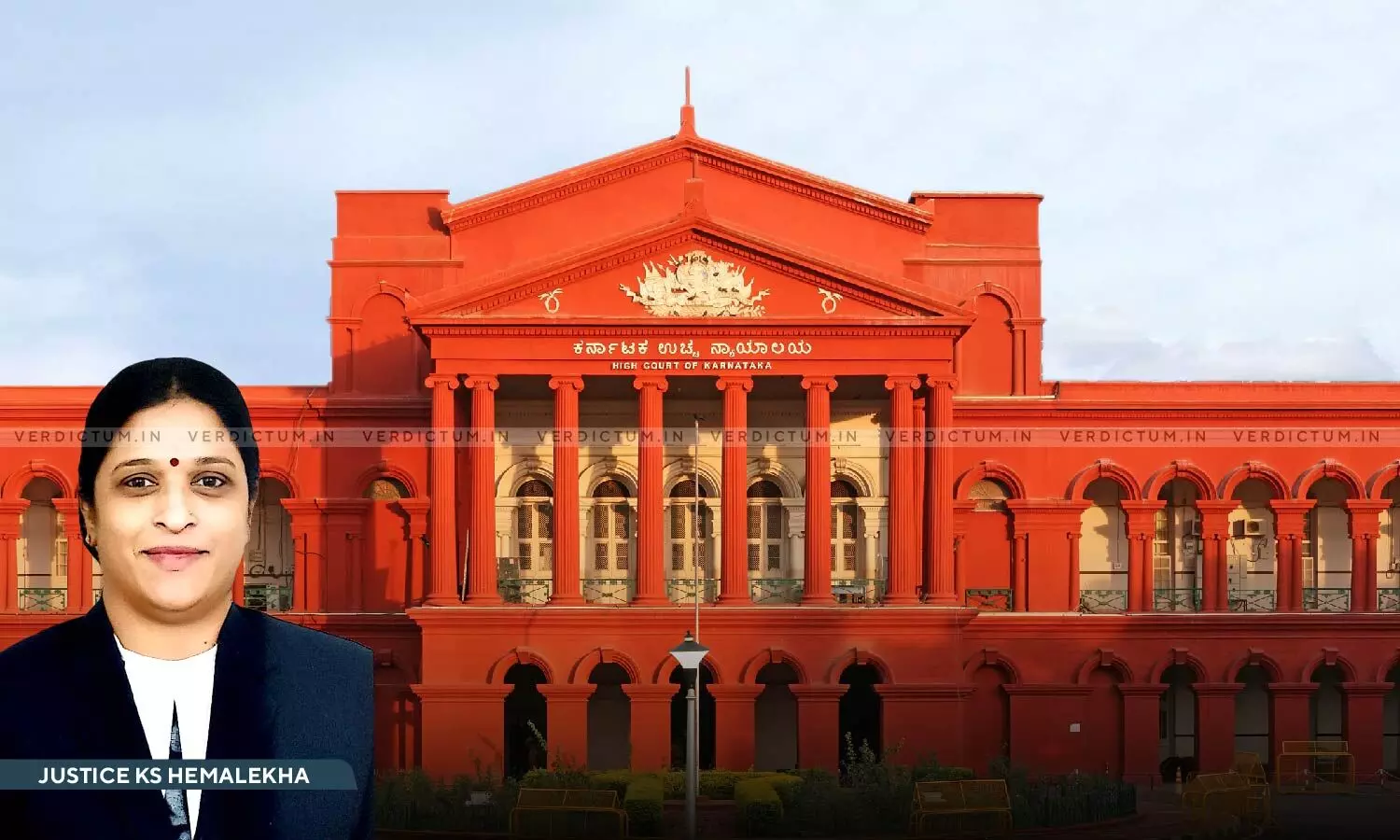
'Unconstitutional & Arbitrary': Karnataka HC Strikes Down Extension Of EPF & EP Scheme To International Workers In India
 |
|The Karnataka High Court has struck down the Central Government's decision to extend the Employees Provident Fund Scheme and Employees Pension Scheme to international workers in India.
In that context, the Bench of Justice KS Hemalekha observed that, "there is discrimination between the Indian employees working in a non-SSA country (who are not international workers as per definition) and foreign employees from a non-SSA working in India who are classified as international workers. There is no rational basis for this classification nor there is reciprocity that compels to classify foreign employees from non-SSA countries as international workers. The respondents neither have stated whether the Indian employees working in nonSSA countries nor required to contribute their entire pay without statutory limit towards PF of that country. In the absence of parity and also in the absence of reciprocity, there is no justification to demand a contribution on the entire pay of a foreign employee from a non-SSA country."
It was further said that, "The legislation has arbitrarily and unreasonably enacted para 83, the Government of India introducing para 83 of EPF Scheme and para 43A of EP Scheme is violative of Article 14 and the classification made is unreasonable and would defeat the very intent of the Act. The legislation cannot run beyond the parameters of the Parent Act and always there must be some principles to guide the exercise of discretion"
Counsel KN Vasuki, along with others, appeared for the petitioner, while CGSPC MN Kumar and Counsel Nandita Haldipur appeared for the respondents.
In several petitions, both employers and employees challenged the validity of para 83 in the Employees Provident Fund Scheme, 1952, and para 43A in the Employees Pension Scheme, 1995, as arbitrary and unconstitutional. These provisions, introduced by the Union of India via a notification dated 01.10.2008, covered international workers. The petitioners sought to declare these paras unconstitutional under Article 14 of the Constitution of India and illegal in light of the EPF & MP Act, 1952.
The petitions argued that requiring international workers to contribute to the EPF Scheme, regardless of their salary, was arbitrary and discriminatory.
The petitioners included both employers and employees, with some petitions filed solely by employers and others jointly by employers and employees. They contended that such provisions caused irreparable harm, particularly as international workers typically work for a limited period and may not work until retirement.
The Court observed that the Government was unable to substantiate any nexus with the object sought to be achieved, and para 83 was clearly discriminatory in treating the international workers of Indian origin and foreign origin differently and thus violative of Article 14 of the Constitution of India. In that context, it was also said that, "The distinction in the amount of contribution between an employee going to a nonSSA country and an employee from a non-SSA country coming to India is clearly discriminatory and violative of Article 14. The demand for contribution on global salary i.e., salary earned by an international worker or remuneration received by an international worker from some other country or in home country should also be computed for the purpose of the contribution is on the face of it, arbitrary and hit by Article 14 of the Constitution of India."
In light of the same, the petitions were allowed and the Court struck down the introduction of para 83 of Employees’ Provident Fund Scheme and para 43A of Employees’ Pension Scheme as unconstitutional and arbitrary.
Cause Title: Stone Hill Education Foundation vs The Union of India & Ors.
Click here to read/download the Judgment